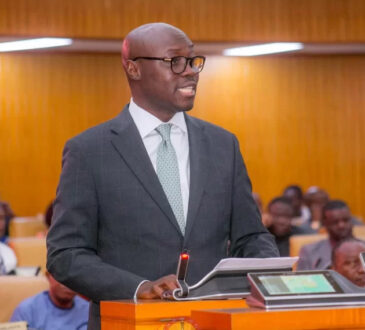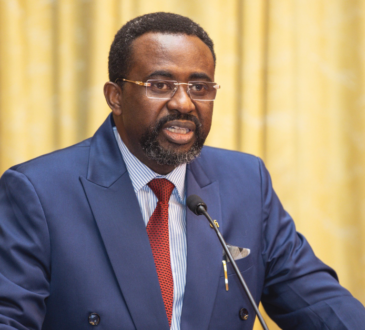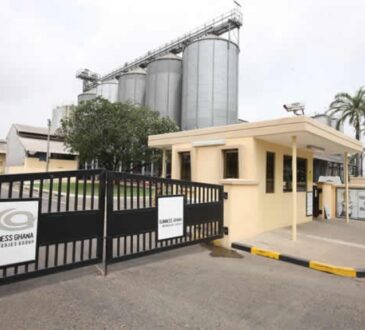
The government of Ghana has announced revisions to the country’s macro-fiscal targets for 2024.
The Gross Domestic Product (GDP) growth rate has been adjusted upward from the initial 2.8% to 3.1%, while the Non-Oil Real GDP growth rate has been revised from 2.1 per cent to 2.8 per cent. These changes reflect both domestic and global economic developments.
Presenting the Mid-Year Budget in Parliament on July 23, 2024, the Minister of Finance, Dr. Mohammed Amin Adam, emphasized the government’s commitment to maintaining its growth trajectory.
The end-year inflation target remains unchanged at 15 per cent.
Dr. Adam detailed the revisions to the 2024 fiscal framework, noting that the primary balance on a commitment basis remains targeted at a surplus of 0.5 per cent of GDP, in alignment with the IMF-supported Post-COVID-19 Program for Economic Growth (PC-PEG) objectives.
Additionally, Gross International Reserves, which include oil funds and encumbered/pledged assets, are expected to cover not less than three months of imports, up from the initial 1.7 months.
Total revenue and grants have been revised upward by 0.5 per cent. Specifically, total revenue and grants are now projected to reach ¢177,220 billion (17.4% of GDP) in 2024, up from the initial budget target of ¢176,414 billion (16.8% of GDP).
On the expenditure side, total expenditure on a commitment basis has been revised downward by 2.1 per cent. The new projection is ¢219,749 billion (21.5% of GDP), compared to the original budget projection of ¢226,681 billion (21.6% of GDP).
The downward revision in expenditure is primarily attributed to a reduction in interest payments, which have been revised downward by ¢7,934 billion to reflect the impact of external debt restructuring on external interest payments.







